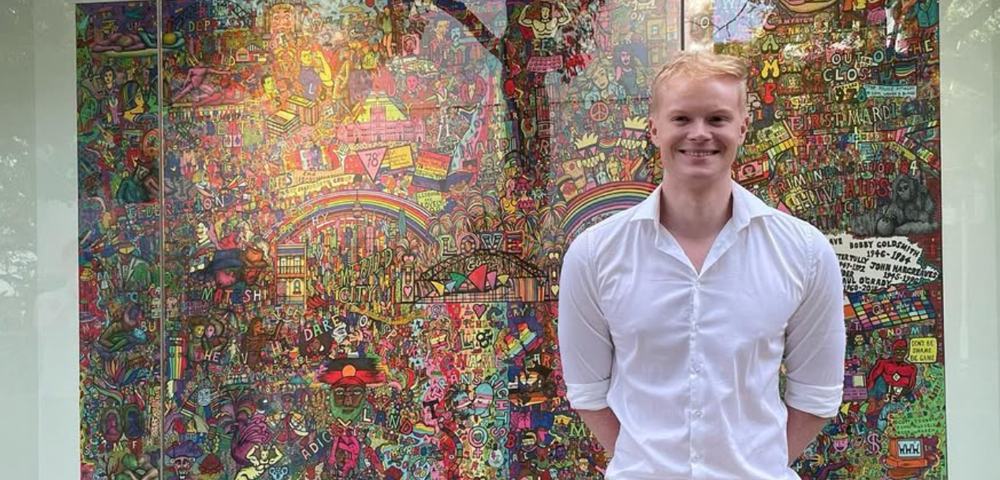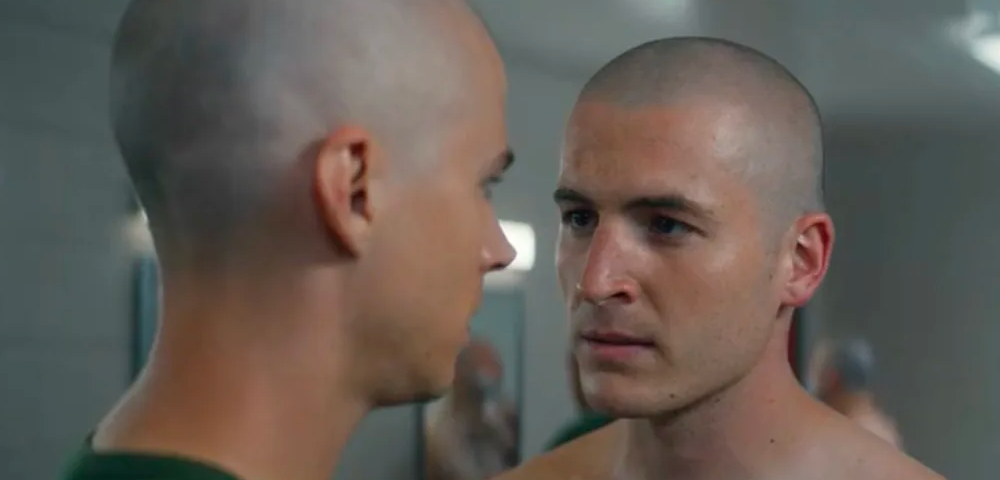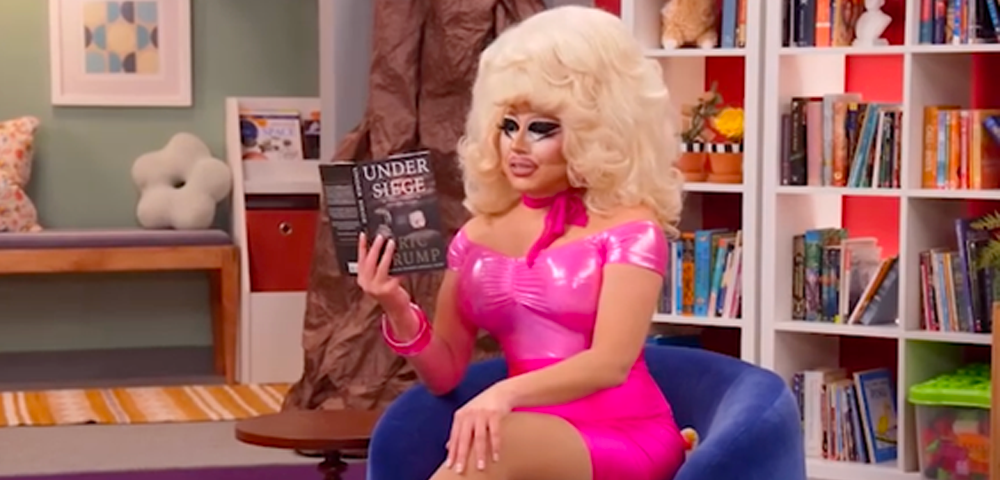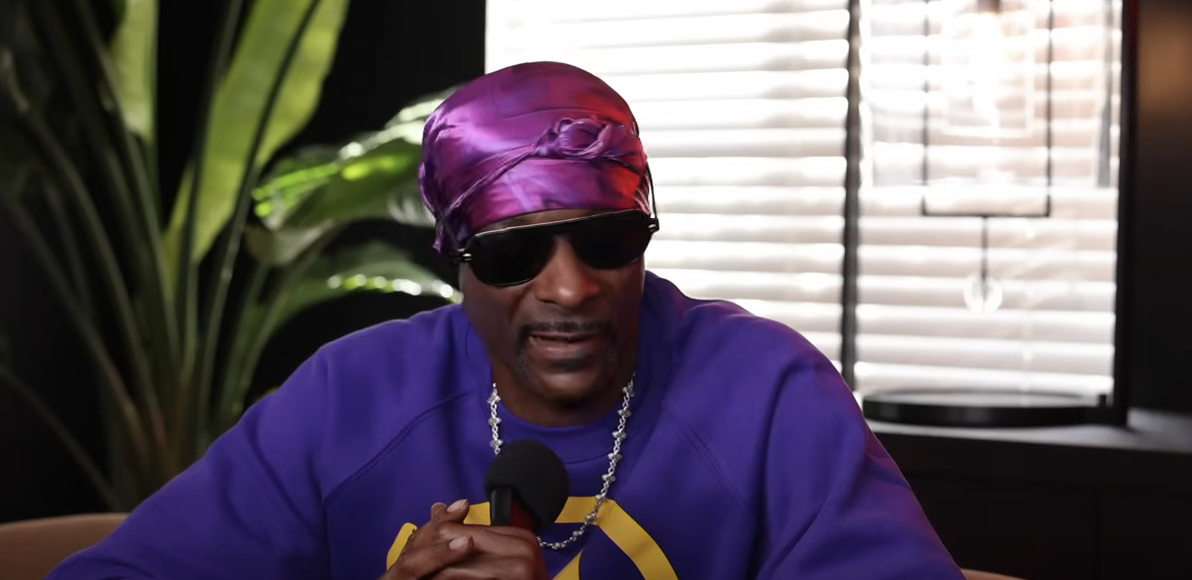
First national survey for young trans people
AUSTRALIA’S first national investigation into the mental health needs of young trans people poses questions that have never been asked before and wants to review not only barriers but the things that help trans people and their families.
“There’s really a gap in the research about the mental health of trans people in Australia and the possible barriers they face in accessing both mental health and medical services,” said survey creator Penelope Strauss from the School of Population Health, University of Western Australia UWA.
“I think the issues in terms of service access for trans people in Australia are a human rights problem and i think with a country that has so many services and provides so much support for other groups of people, it’s really lacking for trans people in Australia.”
The Trans* Pathways project is a collaboration between Strauss, Professor Angus Cook, UWA, Dr Ashleigh Lin, Telethon Kids Institute, Vanessa Watson, YouthLink, Dani Wright Toussaint, Freedom Centre and Dr Sam Winter, Curtin University.
Researches are hoping the survey will help to inform policies, health professionals, other researchers, parents of trans individuals, other trans young people and the wider community about how relevant services can best meet the needs of young trans people.
Not only is this Australia’s first nationwide trans survey for young people (aged 14-25), there is also a separate survey aimed at parents and guardians of young trans people under the age of 25 and some of the early results are quite surprising.
“Really what’s coming through from the parents so far is the amount of pride they feel in their children for being so strong and going through what is a hard thing to go through in Australia given the lack of support,” Strauss told Star Observer.
Joan* has a 16-year-old son who started identifying as a boy when he was three years old, but at that time there wasn’t much information around about transitioning. She has praised the existence of two separate surveys.
“We got help from our GP, we were very well supported. But didn’t know where to go or who to contact,” she said.
“I was able to make contact with the Freedom Centre and they provided me with booklets but I’d only read about adults transitioning. Eventually we got recommendations for psychologists and who to approach, it was a huge weight lifted off our shoulders.”
Joan said the survey was important for trans young people and their parents because while “professional people are willing and able to help, they need evidence why those resources are needed”.
“We’re fortunate because we are very supportive and open to our son’s needs, other children can have difficulties with their parents,” she said.
Do you identify as trans* or GD and 14-25? Change how services are provided in Australia – have your voice heard! https://t.co/wNk0QjCQ3x
— Trans* Pathways (@Trans_Pathways) April 7, 2016
Logan Ward, 22, helped researchers with the language in the formative stages and to make it more inclusive. He started transitioning in 2011 and thinks things would have been a lot easier for him if he had had access to better educational resources about gender and identity.
“If I’d had the language and just some of the words I have know, or to know that gender is a fluid spectrum, would have been amazing,” he said.
“I was fortunate that I had a great psychiatrist.”
Ward said while the survey will be amazing for the community, young trans people should only participate if they feel comfortable doing so.
“If you are feeling comfortable… why not contribute to a scientific endeavour? And if you’re a parent, it’s coming from a place of love and you ask how can I support my child?” he said.
“It’s exciting to see this coming through, more visibilty, support and postivity and resilience.”
To get involved in the survey, click here.
*Joan is a pseudonym.









